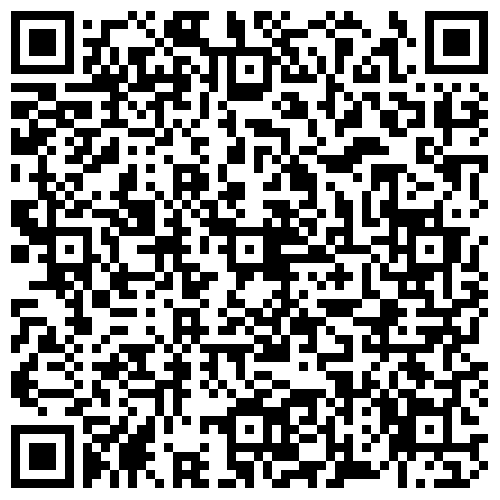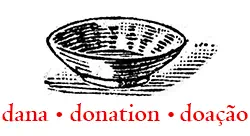contain multitudes • por Padma Dorje • fundado em 2003
contain multitudes
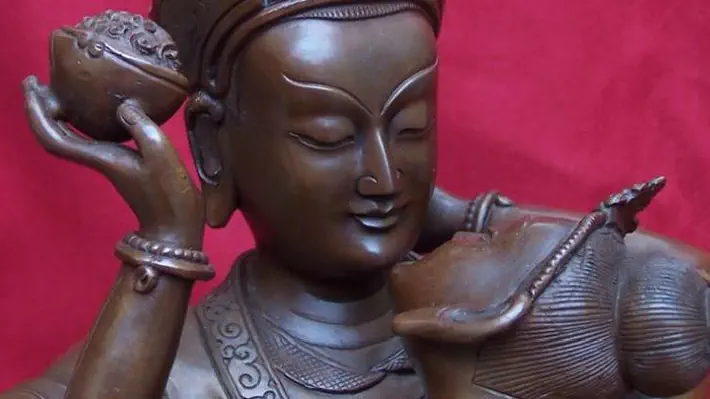 LEVEKUNST
LEVEKUNSTThe Final Words Of Padmasambhava
While strolling down the main boulevard in Shigatse, the home of the Panchen Lamas, in 1987, I see only a few people and almost no cars. Tibet has just opened up for foreign travellers and back-packers some months before. Standing on the pavement, perusing the items displayed on makeshift tables in the market stalls, my eyes had suddenly fallen on a tiny text. The print is on handmade-parchment, fashioned in the age-old style of inked woodcarving. It is a revelation from many hundred years back, and its Tibetan title means Refined Essence of Oral Instructions. It contains the parting words of Padmasambhava as he is just about to leave Tibet, the master who is admired and loved throughout the Himalayan countries and now all over the world as being the main teacher of Vajrayana Buddhism. My breath stops and my heart skips a beat. The words are like hearing him speak to you in person. I buy two copies without hesitation.
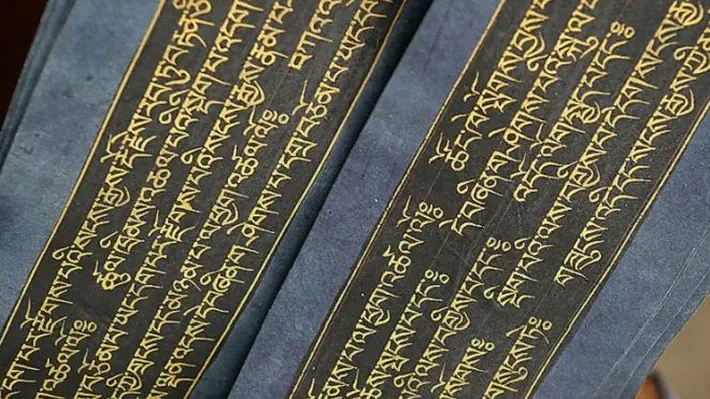 LEVEKUNST
LEVEKUNSTThe Linguistic Mystics of Tibet
Locchāva is the Sanskrit word for translator, literally meaning “the eyes of the world.” When used in Tibetan as the honorific title lotsawa, it connotes a translator who possess realization; // Misapprehension of language only perpetuates our confused, dualistic perception of reality and thereby leads us away from the realization the single taste of reality. Contrary to this, when language is infused with skillful means, it becomes a vehicle for liberation. // An essay on translation and translators, by Lowell Cook.
 Levekunst
LevekunstBuddhism’s Non-preferential Problem
Some people are beneficiaries of a system that enables certain individuals to amass inconceivable riches while countless others are condemned to lives of squalor and disenfranchisement. And while Buddhism extends its systemic lenses on a much wider framework of human suffering, the in-between area of the immediately near us is sometimes neglected.
 LEVEKUNST
LEVEKUNSTSpiritual Bypassing
Bo Heimann on spiritual bypassing, how unhealthy traits can arise from unfounded and unguided spiritual training like excessive detachment ability, one-sided focus on positive thinking, fear of anger and artificial kindness, neglect of emotions and difficulty in setting limits.
 Levekunst
LevekunstMixing Fire and Water an Interview with Tulku Urgyen Rinpoche
An interview with Tulku Urgyen Rinpoche from 1985, about the nature of Dzogchen and recognizing the naked state of knowing. When asked, his reply was, “What is the use of the tiny light of a firefly when the sun has already risen in the sky?” referring to Trungpa Rinpoche’s presence in the West.
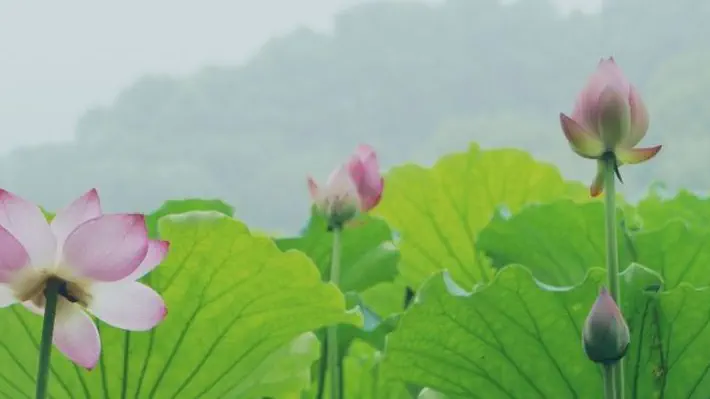 Levekunst
LevekunstA Mirror To Remind You
“The countryside is a beautiful procession of hills and hillocks, densely forested with blooming trees. A gently burbling stream of pure, cool, fragrant water flows from its interior, as if poured from a vase. Waterfalls form serene pools and lakes, where swans, ducks, and various waterfowl frolic with joyous delight. In a vast, level meadow blanketed with flowers in full bloom, various beautiful, hoofed animals graze contentedly, co-existing in perfect harmony.”
 LEVEKUNST
LEVEKUNST LEVEKUNST
LEVEKUNST Levekunst
Levekunst LEVEKUNST
LEVEKUNST Levekunst
Levekunst Levekunst
Levekunst
